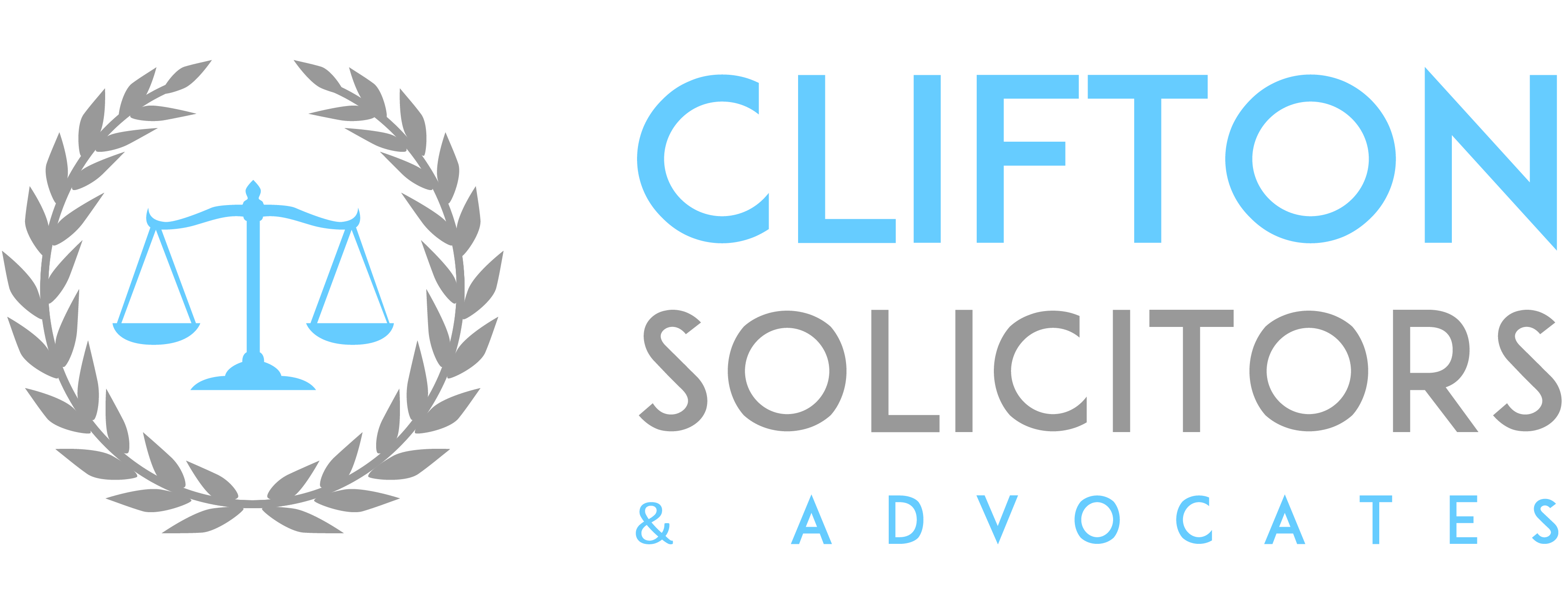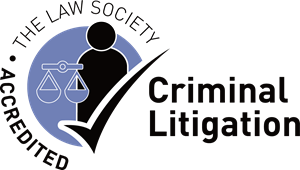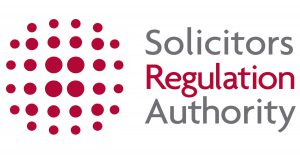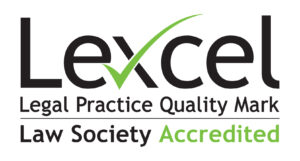If you have been charged with drink driving, you will want to know what happens next and whether you can get off. Getting the right advice from a criminal lawyer can make all the difference between a lengthy driving ban or criminal record and receiving a less severe penalty.
Failed the breath test?
If the police have pulled you over and breathalysed you and you failed the breath test, chances are you were taken to a police station and given a second test that also showed you were over the alcohol limit and you were charged. You were probably bailed, with a date being set to appear in court. This means you are currently still entitled to drive the car or other vehicle. However, it is important that you do not have any other incidents in the meantime, so probably the best advice is do not drink if you are driving. It is also time to speak to a lawyer and gather as much evidence in your favour as possible. If the police did not follow the correct legal procedure this can result in the charge being dismissed.
What is the legal limit?
The legal limits are different in Scotland to the rest of the UK. However, if you have been banned by a UK court for drink driving you are not allowed to drive anywhere in the UK.
In England, Wales and Northern Ireland the legal drink driving alcohol limit is 35 micrograms per 100 millilitres of breath. In Scotland it is 22 micrograms per 100 millilitres of breath. The blood alcohol level for driving in England, Wales and Northern Ireland is 80 milligrams of alcohol per 100 millilitres of blood.
What are the penalties?
Drink driving is considered a serious offence with strict penalties. The particular penalty you receive will depend on what you have been charged with. It is up to the magistrate who hears the case at the local court to decide which is most appropriate in your circumstances. This means it is very important if you intend to defend your position to seek expert legal advice to help prepare your defence.
You could be fined several thousand pounds, lose your licence for at least a year, or end up in prison for up to six months. If you are banned from driving for more than 12 months, you may be able to reduce this term by offering to do a drink-drive rehabilitation scheme course.
Guilty or not guilty before the court?
You should have received a document setting out the offence you have been charged with and when you are required in court. It is a good idea to leave yourself plenty of time to arrive and find the court room, so you are not flustered and also to take someone with you. Courts are intended to be intimidating places.
After being asked to confirm your name and address you will be asked whether you intend to plead guilty or not. If you enter a guilty plea, you will be convicted, and the sentence issued immediately. Pleading not guilty will mean that a trial date is set by the court. This can be anywhere between six weeks and six months later. You can still drive during this period. This gives you, your lawyer and the prosecution time to prepare for the trial. The prosecutor will use evidence at the trial to prove their case against you. You and your lawyer will need to prepare witnesses and evidence to rebuff the charges. It is worth noting that if you are found guilty after a trial it will look worse on the record than if you had pleaded guilty initially.
Pleading guilty tends to result in a more lenient sentence. If you decide to plead guilty your lawyer should be able to advise you on some ways to mitigate your sentence including:
- It was a genuine emergency
- You have never been convicted before
- That you show remorse and are of good character
Worth bearing in mind
A conviction for drink driving can have many negative consequences. You may lose your job or clients. Your vehicle insurance premiums will increase, and you may have difficulty obtaining travel visas or renting vehicles in countries such as the United States.
Getting legal advice is important to help you understand your rights and the processes involved in dealing with a drink driving offence. Your lawyer will advise whether you have a plausible defence to the charges and can assist with mitigating the penalties.
If you or someone you know wants more information or needs help or advice, please contact us on 020 3189 0087 or email [email protected].



